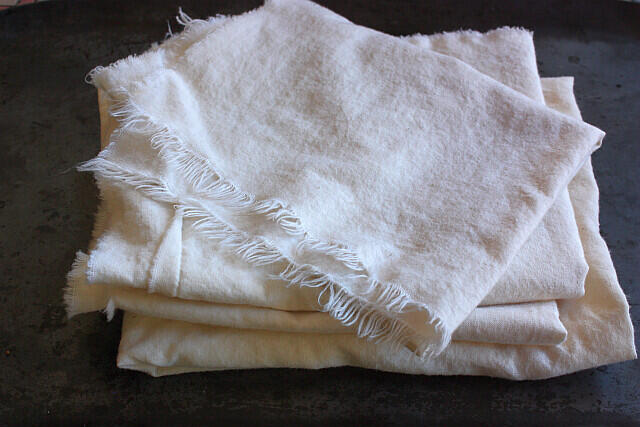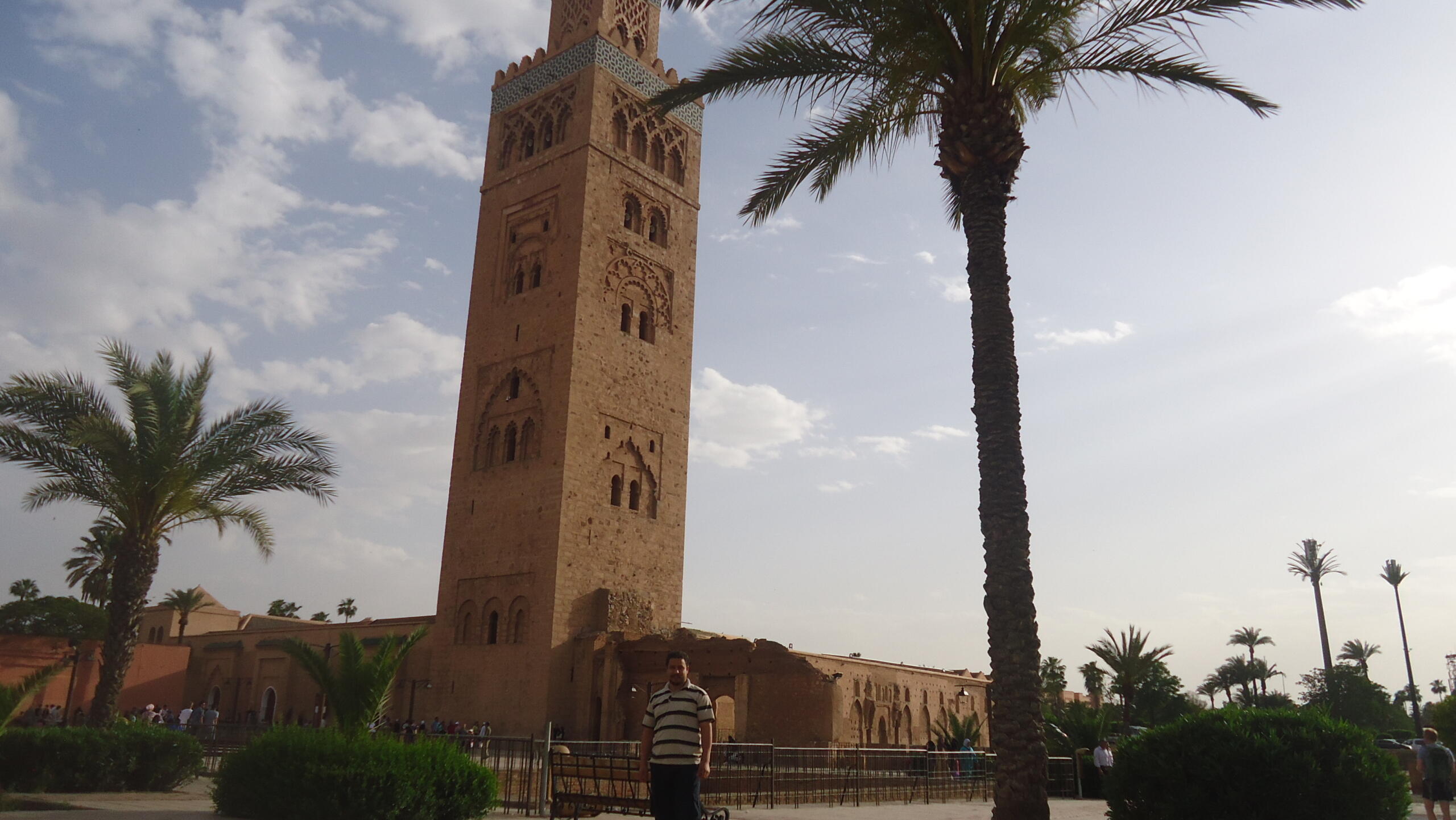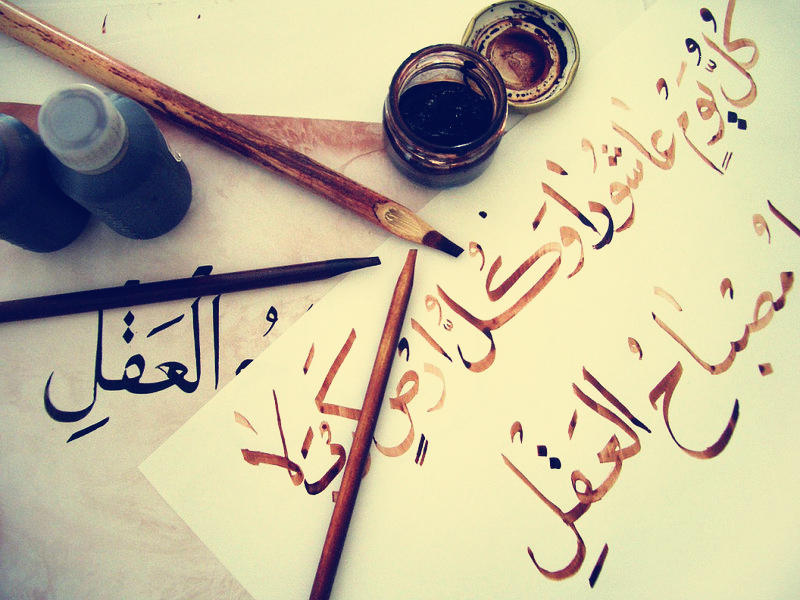Key Takeaways
- Many everyday English words come from Arabic 🗣️
- Learning Arabic-influenced English words boosts cultural literacy 📚
- Trade and migration helped spread Arabic terms 🚢
- Arabic advanced science, math, and innovation 🔬
According to the Ethnologue, there are more than 7,000 different languages around the world. The Arabic language is the 5th most spoken language worldwide, falling just behind English, Chinese, Hindi and Spanish.
Arabic has had a strong global influence, naturally shaping the vocabulary of languages like French and English. Many English words are direct loans from Arabic. From A to Z, the English language is filled with hundreds of everyday terms that are actually English words with Arabic origins.
Thus, it is interesting to have a closer look at some of the foundations of our dictionary, alphabet, lexicography and phonetics by examining the different languages that have influenced them.
Not only is becoming familiar with English versions of common words used in Arabic an intriguing endeavour, it is also a great way to learn Arabic and will even enable you to become a master multilingual speaker and Arabic translator!
Why not take Arabic classes online?

English Words with Arabic Origins…Why?
Ever ordered a coffee, looked at a giraffe in your local zoo, or sat on a divan? You may not have realized it, but you were speaking Arabic — at least in part. Because blieve it or not, those everyday words have Arabic roots, which is a reminder of just how deeply Arabic has influenced the English we use today.
That’s because Arabic has quietly woven itself into the fabric of English over centuries — not through force, but through trade, science, culture, and everyday life. From mathematics to music, its linguistic fingerprints are everywhere.
Many words from our English vocabulary are actually loanwords that have their roots in the Arab world and were derived from classical Arabic terminology many moons ago. A word or phrase may have evolved or altered slightly from the original, but it will have the same roots as explained in any English-Arabic translation or etymology dictionary.
Which English Word Is Not Inspired by Arabic?🤔
Find out which word isn't Arabic-inspired by reading the rest of the article!
How Arabic Entered the English Lexicon
The influence of Arabic on English isn’t a recent trend. It goes back over a thousand years. During the 7th century, the Islamic world expanded rapidly, and with it, so did the Arabic language. As Arabic-speaking scholars, traders, and philosophers moved into parts of Europe, they brought not just culture — but language.
Arabic didn’t just contribute isolated words. It developed a lexicon, phonetic system, and etymology so distinctive that it continues to leave its mark on English vocabulary today. In fact, many English words that come from Arabic still retain echoes of their original sound or structure, even if the pronunciation has evolved.
Eventually, as Western powers began to gain dominance, the flow of language began to shift. But the influence of Arabic remained — and even grew — thanks to colonialism, global trade, migration, and the transmission of knowledge. Literature played a vital
English words like alcohol, algebra, and algorithm come from Arabic — the "al-" is actually the Arabic word for "the."
Everyday Vocabulary
You don’t need to be in a history class to experience the legacy of Arabic in English — it’s in your kitchen, grocery list, and morning routine. From sweet treats to citrus fruits, many English words with Arabic origins are part of our everyday vocabulary. These words carry traces of ancient trade routes, scholarship, and vibrant Arabian cities that helped shape the modern world.
Here’s how a few of them made their journey into English, one delicious bite or sip at a time.
Coffee
Arabic: قهوة (qahwa) – Pronounced /ˈqah.wa/

Coffee’s journey into English began in 15th-century Yemen, where the Arabic word qahwa referred to a brewed drink made from roasted beans. From there, the word transformed as it traveled: to kahve in Turkish, café in French, and finally coffee in English.
Some also connect its name to Kaffa, a region in Ethiopia believed to be the plant’s origin. Either way, qahwa is at the root of the word that fuels mornings around the world today.
Sugar
Arabic: سُكَّر (sukkar) – Pronounced /ˈsuk.kar/
Sugar came into European languages through Arabic during the 12th century, from the word sukkar. Its deeper roots trace back to the Sanskrit word śarkarā, meaning "gravel" or "ground substance." The Arab world helped introduce sugarcane cultivation to places like Sicily, Egypt, and Al-Andalus, spreading both the plant and its name.
Lemon
Arabic: لليمون (laymūn) – Pronounced /layˈmuːn/
The word lemon entered the English language through Old French (limon) and Arabic (laymūn), both influenced by Persian and Sanskrit. The fruit itself originated in South or Southeast Asia but made its way west via trade routes.
Arabic speakers helped spread both the fruit and its name throughout the Mediterranean and into Europe. By the 14th century, lemon had become part of English — citrusy proof of the global nature of language.

Orange
Arabic: نارنج (nāranj) – Pronounced /ˈnaː.randʒ/
You might be surprised to know that orange — both the fruit and eventually the color — has Arabic roots. The word traveled from Sanskrit (nāraṅga) to Persian (nārang), then to Arabic (nāranj), and eventually into Spanish (naranja) and Old French (orenge). Interestingly, in Arabic, burtuqāl means both "orange" and "Portugal," reflecting how the sweet orange spread through Portuguese trade in the 15th century.
Science & Mathematics
It’s no secret that the Arab world has made lasting contributions to global knowledge — especially in science and math. Many Arabic words used in English today trace back to the Golden Age of Islamic civilization, when Arab scholars preserved, translated, and advanced work in astronomy, medicine, and mathematics.
Algebra
Arabic: الجبــر (al-jabr) – Pronounced /alˈdʒabr/
Algebra comes directly from the Arabic term al-jabr, meaning "reunion of broken parts" or "restoration."

It was introduced through the influential work of 9th-century Persian mathematician Al-Khwarizmi, whose book Kitab al-Jabr wa-l-Muqabala laid the foundation for modern algebra.
Algorithm
Arabic: خوارزم (al-Khwarizmi) – Pronounced /al.xwaːˈriz.mi/
Algorithm is named after Al-Khwarizmi himself — the brilliant scholar whose Latinized name inspired this term. His systematic methods of calculation revolutionized how problems were approached, from basic arithmetic to complex equations. The word algorithm now plays a vital role in everything from search engines to AI — all thanks to Arabic-rooted mathematical thinking.
Zero
Arabic: ﺻِﻔﺮ (ṣifr) – Pronounced /ˈsˤi.fr/
The concept of zero as a placeholder and number was transmitted to Europe via Arabic translations of earlier Indian texts. The word zero comes from the Arabic ṣifr, which later became zephirum in Latin before evolving into the English zero. Without ṣifr, our number system — and modern computing — would look completely different.
Interestingly, the symbol and word ṣifr have even found their way into Arabic inspired tattoos, where numerals and classical script are often used to represent deeper philosophical ideas — like nothingness, balance, or infinite potential.


Textiles & Fashion
Arabic influence isn’t limited to numbers and food — it’s also woven into the fabrics we wear. Several Arabic words used in English come directly from trade routes where fine materials and luxury textiles were exchanged between the East and West. These words often traveled alongside the goods themselves, becoming part of the global fashion vocabulary we use today.
Cotton
Arabic: ﻗُﻄﻦ (quṭn) – Pronounced /ˈqutˤn/
The word cotton comes from the Arabic quṭn, used during a time when Arab merchants were central to the textile trade. Cotton cultivation and weaving flourished across the Islamic world, and the fabric became a major export to Europe during the Middle Ages.
Muslin
Arabic: ﺷَﺎَﺵ (Mawsil) – Pronounced /ˈmaw.sˤil/

Muslin is believed to be named after the city of Mosul in Iraq (Arabic: al-Mawṣil), a key center for the production and trade of fine cotton fabrics. The material was prized for its light, breathable texture — especially in warmer climates.
Camlet
Arabic: خَمْلَة Possibly from (ḵamla) meaning velvet in arabic – Pronounced /ˈkham.l/
Camlet referred to a woven fabric made from silk and camel hair or wool. Though the exact origin is debated, one theory ties it to the Arabic khaml, meaning plush or pile. Others believe it’s related to the word camel, also borrowed via Arabic-Latin pathways.
Satin
Arabic: صقيل(zaitun, via Chinese Quanzhou) – Pronounced /ˈzaj.tun/
Satin likely derives from Zaitun, the Arabic name for the Chinese port city Quanzhou, a hub in medieval silk trade. The term came through Arabic-speaking merchants who connected Europe to the East. Satin’s association with elegance and luxury traces back to these ancient trade routes.

Military & Navigation
The Arabic language has influenced not just science and fashion, but also military and naval terms. During the Islamic Golden Age, Arab experts shaped global navigation and defense — spreading knowledge and language alike. These words reflect how the Arabic language origin is tied to trade, geography, and innovation across cultures.
Admiral
Arabic: أميــــــــر الرحلة (amīr al-baḥr) – Pronounced /aˈmiːr alˈbaħr/
Literally meaning "commander of the sea," this phrase was adopted by European navies and shortened over time into admiral. As naval power grew across Europe, this Arabic military title sailed right along with it.
Arsenal
Arabic: دار الصناعــــــــــــــــة (dār al-ṣināʿa) – Pronounced /daːr asˤˈsˤi.na.ʕa/
Derived from the Arabic dār al-ṣināʿa (“house of manufacturing”), arsenal referred to places where weapons and ships were made. Today, it’s not just a military term — it also lives on in the name of the famous English football club, Arsenal FC, originally founded near an actual armaments factory.
Magazine
Arabic: مخزن (makhzan) – Pronounced /ˈmaχ.zan/
Originally meaning "storehouse," the Arabic word makhzan gave rise to the military term magazine — a place to store ammunition. Over time, it also took on a more peaceful meaning: a publication that stores and distributes knowledge. This linguistic evolution is just one reason scholars continue to ask: where did Arabic originate, and how did it spread so far?
Architecture & Design
Arabic influence has shaped how we design and describe our spaces. Many architectural terms in English come from Arabic — a reminder of how the Arabic language origin and Arabic architecture continue to leave their mark on global design.
Alcove
Arabic: القبة (al-qubba) – Pronounced /alˈqub.ba/
Originally meaning "the dome," al-qubba referred to a recessed area or vaulted space. Over time, it evolved into the Spanish alcoba and then the English alcove, used to describe a cozy, partially enclosed area in a room — often used for seating, sleeping, or display.
Minaret
Arabic: صَوْمَعة (manārah) – Pronounced /maˈnaː.ra/
Derived from manārah, meaning "beacon" or "lighthouse," the term minaret refers to the tall, slender towers attached to mosques.

These towers were traditionally used for the call to prayer. Their striking presence in Arabic architecture became symbolic, and the word was later adopted into European languages to describe similar structures.
Sofa
Arabic: الصُفــــــــة (ṣuffa) – Pronounced /ˈsˤuf.fa/
The word sofa comes from ṣuffa, which described a raised platform or bench covered with cushions and rugs — a common feature in traditional Middle Eastern homes. As the concept spread to Europe, the word evolved to refer to the upholstered seating we lounge on today.
Culinary Terms
Arabic has also flavored the English kitchen. Many food terms we use today come from Arabic, carried through global trade and rich culinary traditions.
Sherbet
Arabic: شَرْبَة (sharbat) – Pronounced /ˈʃar.bat/
Derived from the Arabic sharbat, meaning a sweetened drink, sherbet originally referred to chilled fruit drinks enjoyed throughout the Middle East. The word passed through Turkish and Persian before arriving in English, where it evolved to describe both a fruity frozen dessert and fizzy powdered candy in British English.
Syrup
Arabic: شَراب (sharāb) – Pronounced /ʃaˈraːb/
From sharāb, meaning “drink,” the word syrup entered European languages through Arabic medical and culinary texts. It originally referred to medicinal liquids sweetened with honey or sugar — a practice passed on by Arab physicians and later used in cooking and confectionery.

Za'atar
Arabic: الزعتر(zaʿtar) – Pronounced /ˈzaʕ.tar/
Za’atar refers to a traditional Middle Eastern herb mix typically made from thyme, sumac, sesame seeds, and salt. While not transformed in pronunciation or spelling like other words, za’atar has gained international popularity in recent years, especially in modern fusion cuisine and trendy cafés. It’s a word — and flavor — deeply rooted in Arab culinary heritage.
Arabic is more than a language — it’s a bridge between cultures. From coffee and cotton to algebra and admiral, English has absorbed hundreds of Arabic-origin words over centuries. Whether through trade, science, food, or design, the Arabic language has left a rich and lasting legacy in everyday English. Understanding where these words come from deepens not just our vocabulary, but our global awareness.
Summarize with AI:
















